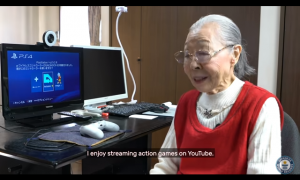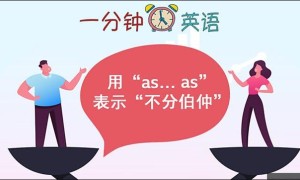根据官方统计,上月越级上访不予受理以来,上访数量下降。
The number of petitions dropped last month along with the implementation of a regulation that forbids people from bypassing authorities to file a complaint, according to official statistics.
Compared with the same period last year, the number of petitioners to the State Bureau for Letters and Calls declined by 35.6 percent in May, and the number of petitioned cases to central authorities dropped by 28.7 percent, said Zhang Enxi, spokesman and also vice-chief of the bureau.
The number of visits to provincial, city and county authorities has decreased by more than 10 percent, 4.4 percent and 4.2 percent respectively, according to the bureau.
Zhang made the remarks at a work conference held in Beijing on Friday. He did not disclose the exact number of petitioned cases.
The new regulation, which took effect on May 1, requires people filing a complaint to go to local level government departments that are authorized by law to handle relevant issues. Governments at higher levels will not take their complaints if they jump rank.
The regulation is aimed at improving the efficiency of handling petitions, according to the SBLC.
According to the regulation, central government departments will accept complaints about corrupt officials at the provincial level, petitions about issues that should be addressed across provinces and sectors, as well as those that are not properly handled by provincial governments.
Shu Xiaoqin, head of the SBLC, said at the work conference on Friday that local government departments are not allowed to reject the petitioned cases under any circumstances if they should be handled by local authorities.
She urged local government bodies to draw up regulations as soon as possible that explain how to file complaints without bypassing authorities.
Government officials who don't handle petitions properly and force citizens to turn to higher-level authorities will be warned and punished, she said.
Petitioning, also known as "letters and calls", is the country's administrative system for hearing public grievances. Petitioners can bring their complaints to a higher level if they fail to get satisfactory feedback from local petition offices.
There were 6.4 million petitioned cases from January to October last year, according to the SBLC.
Petitioning has been a hot topic in recent years, as some officials have resorted to illegal means to prevent people from petitioning to higher levels of government.
In April 2012, 11 petitioners who came to Beijing to file complaints were confined for six days by 10 men who were paid by the local government in their hometown of Henan province. The case triggered public outrage, and the 10 men were sentenced in February last year.
In a circular released on March 19, the State Council, China's cabinet, promised to set up a system to resolve conflicts by lawful means.
Wang Yukai, a professor of administrative research at the Chinese Academy of Governance, said that petitioning remains an effective method for the public to address their problems, which should not be blocked by the authorities.







